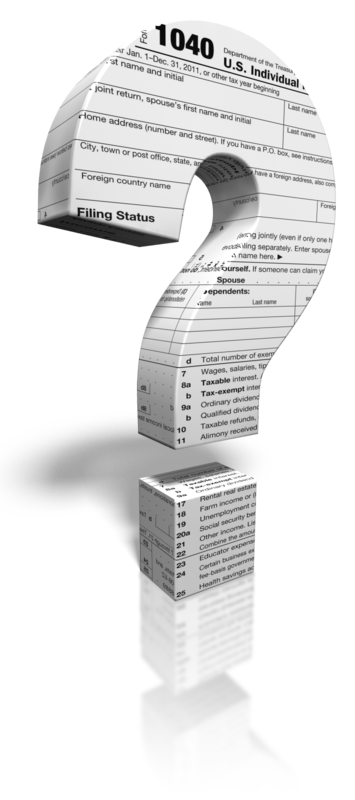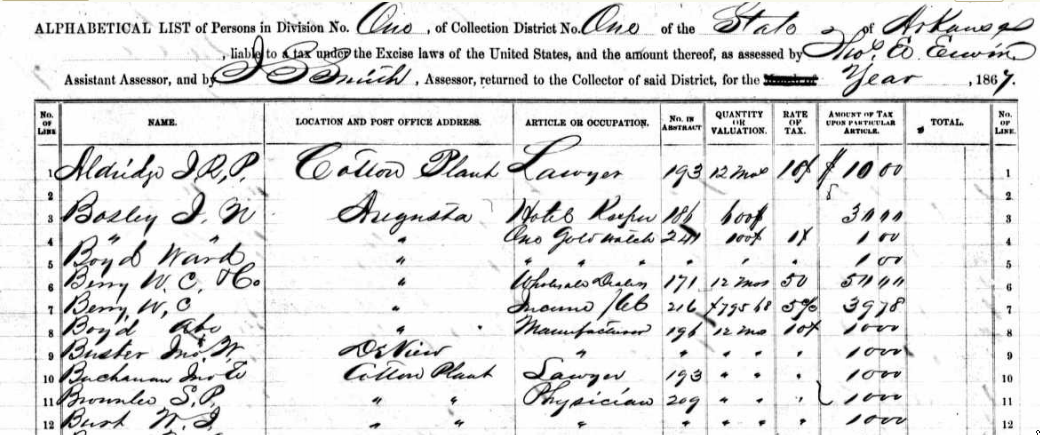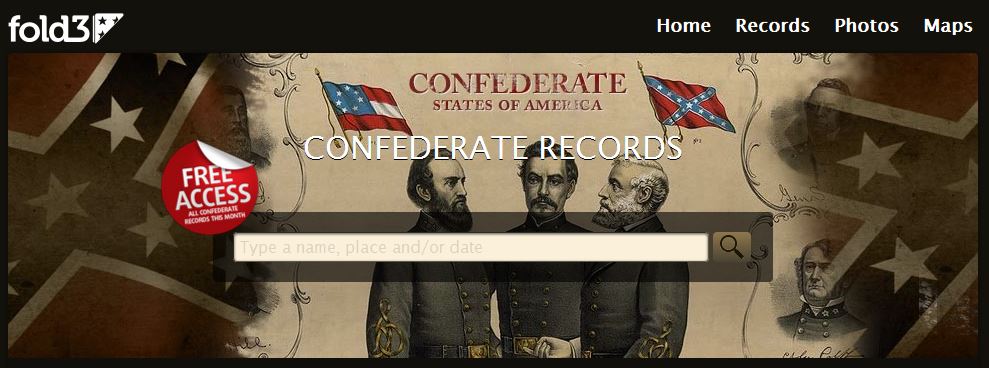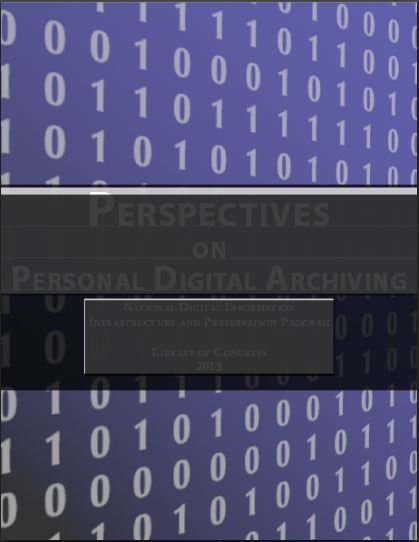by Lisa Cooke | Apr 18, 2013 | 01 What's New, Book Club
Do you have relatives who served in or were affected by the American Civil War? Check out this book by Library of Congress staffers, who draw on the unmatched resources of the national library to tell this epic story.
The Library of Congress Illustrated Timeline of the Civil War by Margaret E. Wagner quotes vivid first-hand accounts. You’ll read about the smells of war, from baking to bodily functions. You’ll learn about the women behind the scenes whose lives were in constant upheaval and uncertainty. Comments from hospital workers describe the mighty effects of war on the wounded. Intermingled in the war activity are the struggles of free blacks, those being emancipated and black women and men who supported the Union effort as soldiers, nurses and more. It’s a fascinating blend of story and picture, told in a timeline format to help family historians put their ancestors’ experiences in context. For those of us who don’t have firsthand account by our ancestors, these voices help bring to life events and experiences our relatives may have faced. Also available in for the Kindle
by Margaret E. Wagner quotes vivid first-hand accounts. You’ll read about the smells of war, from baking to bodily functions. You’ll learn about the women behind the scenes whose lives were in constant upheaval and uncertainty. Comments from hospital workers describe the mighty effects of war on the wounded. Intermingled in the war activity are the struggles of free blacks, those being emancipated and black women and men who supported the Union effort as soldiers, nurses and more. It’s a fascinating blend of story and picture, told in a timeline format to help family historians put their ancestors’ experiences in context. For those of us who don’t have firsthand account by our ancestors, these voices help bring to life events and experiences our relatives may have faced. Also available in for the Kindle
Catch the highlights of this book in this lecture by author Margaret Wagner, who calls the Civil War “the greatest and most costly struggle in U.S. history” and a major turning point in national history. There’s a link to the transcript for those who want to read or quote the talk.
by Lisa Cooke | Apr 10, 2013 | 01 What's New, Ancestry, Records & databases, Research Skills, United States
It’s time to pay taxes in the United States!  Is it any consolation that our ancestors paid them, too? Here’s a brief history of U.S. federal taxation and tips on where to find tax records for the U.S. and the U.K.
Is it any consolation that our ancestors paid them, too? Here’s a brief history of U.S. federal taxation and tips on where to find tax records for the U.S. and the U.K.
According to the National Archives (U.S.), the Civil War prompted the first national income tax, a flat 3% on incomes over $800. (See an image of the 16th Amendment and the first 1040 form here.) The Supreme Court halted a later attempt by Congress to levy another income tax, saying it was unconstitutional. In 1913 the 16th Amendment granted that power. Even then, only 1% of the population paid income taxes because most folks met the exemptions and deductions. Tax rates varied from 1% to 6%–wouldn’t we love to see those rates now!
Ancestry.com has indexed images of U.S. federal tax assessment lists from the Civil War period (and beyond, for some territories). Here’s a sample image from Arkansas:

Of course, the U.S. federal income tax is just one type. Taxes have been levied on real estate, personal property and income by local, regional and national governments throughout the world.
Some tax records are online. Ancestry.com hosts tax records from London (1692-1932); the U.S. states of Pennsylvania, Tennessee, New York, Ohio, Georgia and Texas; and many from Scotland, Ireland, Canada and Russia (there’s more: see a full list and descriptions here). FamilySearch.org hosts over a million records each of U.S. state tax records from Ohio and Texas. FindMyPast hosts a wealth of U.K. tax records, from local rate books to Cheshire land taxes and even the Northamptonshire Hearth Tax of 1674.
In the U.S., look for original real estate and personal property taxpayer lists in county courthouses or state archives. Consult genealogical or historical organizations and guides. Or Google them! A Google search for “tax records genealogy Virginia” brings up great results from the Library of Virginia and Binns Genealogy. (Use the keyword “genealogy” so historical records will pop up. Without that term, you’re going to get results that talk about paying taxes today.)
I’ll leave you with this tantalizing list of data gathered in the Calhoun County, Georgia tax list of 1873: first, it enumerates whites, children, the blind/deaf/dumb, dentists, auctioneers, and those who have ten-pin alleys, pool tables and skating rinks. Then, real estate is assessed in detail. Finally, each person’s amount of money, investments, merchandise, household furniture, and investment in manufacturing is assessed.
As you can see, it can pay you big to invest time in looking for your ancestor’s tax records! Just make sure that if you’re here in the U.S., you’ve got your own taxes out of the way before you go searching for someone else’s.
 Like this post? Look around on the Genealogy Gems website! We have lots more free content to offer, including our flagship Genealogy Gems podcast, an online radio show that brings you the best “gems” in genealogy how-tos, inspiration and fun. We have more than 1.5 million downloads worldwide: listen and you’ll see why!
Like this post? Look around on the Genealogy Gems website! We have lots more free content to offer, including our flagship Genealogy Gems podcast, an online radio show that brings you the best “gems” in genealogy how-tos, inspiration and fun. We have more than 1.5 million downloads worldwide: listen and you’ll see why!
by Lisa Cooke | Apr 9, 2013 | 01 What's New, History, Military, NARA, Records & databases

For the month of April, Fold3 is offering free access to its Confederate Civil War collections of more than 19 million records. Many of these are from the National Archives’ War Department Collection of Confederate Records: Confederate Compiled Service Records, Confederate citizens’ files and Confederate Casualty Reports. Whether you’re looking for specific Confederate Civil War soldiers or you’re just interested in history, these records are fascinating!
For example, there are compiled service records for “Galvanized Yankees,” or Confederate prisoners-of-war who obtained a release by enlisting in the Union army. Many of these files have the soldier’s declaration of “Volunteer Enlistment” and an oath of allegiance to the United States. You have to wonder what each man was thinking and feeling as he signed these papers. How did his Union enlistment go? How did his family and community react? If he survived the war, how was his life afterward affected by that choice? There are stories behind every record–and Civil War records are some of the most compelling.
You’ll also find other interesting records in this collection, many created post-war: the Confederate Amnesty Papers, Confederate Navy Subject File, papers relating to the Civil War Subversion Investigations, and files of the Southern Claims Commission.
by Lisa Cooke | Apr 6, 2013 | 01 What's New, Book Club, Inspiration, Organization, Photographs, Technology
Digital archiving is a hot topic for genealogists these days. Digitizing our family documents, photographs and other artifacts is one more way to help us preserve and share our heritage. Well, the Library of Congress wants to help us out! It has published a free e-book, Perspectives on Personal Digital Archiving.
 Scroll through the table of contents and you’ll see immediately why this book is valuable to family historians. There are lots of how-tos on preserving photos and other images: what file formats to use, cloud storage, adding digital captions, image resolution and more. There are sections on how everyday people are preserving their own digital archives. There’s even a great chapter on making sure your digital files live on after you pass away.
Scroll through the table of contents and you’ll see immediately why this book is valuable to family historians. There are lots of how-tos on preserving photos and other images: what file formats to use, cloud storage, adding digital captions, image resolution and more. There are sections on how everyday people are preserving their own digital archives. There’s even a great chapter on making sure your digital files live on after you pass away.
There’s an entire chapter on digitizing for the family historian. It gets to the heart of a genealogist’s file organization and storage needs: “Digital genealogy could result in a heap of text files (such as GEDCom files), image scans (most sites enable you to save an image in either JPEG, TIFF or PDF formats), audio files and video files. It’s best to follow the Library of Congress’s personal archiving advice, which is basically to:
1) organize everything within one collection folder
2) backup your collection onto several storage media in several different places
3) migrate your collection every five years or so to new storage media.
Don’t trust that a third-party genealogy service will always remain in business and keep your stuff safe forever. You should have your own copy handy and another copy backed up somewhere else.”
Great advice! Check out the entire book for yourself. And thanks to GenealogyBlog authors Leland and Patty Meitzler who blogged about this new e-book on their site.

by Margaret E. Wagner quotes vivid first-hand accounts. You’ll read about the smells of war, from baking to bodily functions. You’ll learn about the women behind the scenes whose lives were in constant upheaval and uncertainty. Comments from hospital workers describe the mighty effects of war on the wounded. Intermingled in the war activity are the struggles of free blacks, those being emancipated and black women and men who supported the Union effort as soldiers, nurses and more. It’s a fascinating blend of story and picture, told in a timeline format to help family historians put their ancestors’ experiences in context. For those of us who don’t have firsthand account by our ancestors, these voices help bring to life events and experiences our relatives may have faced. Also available in for the Kindle









